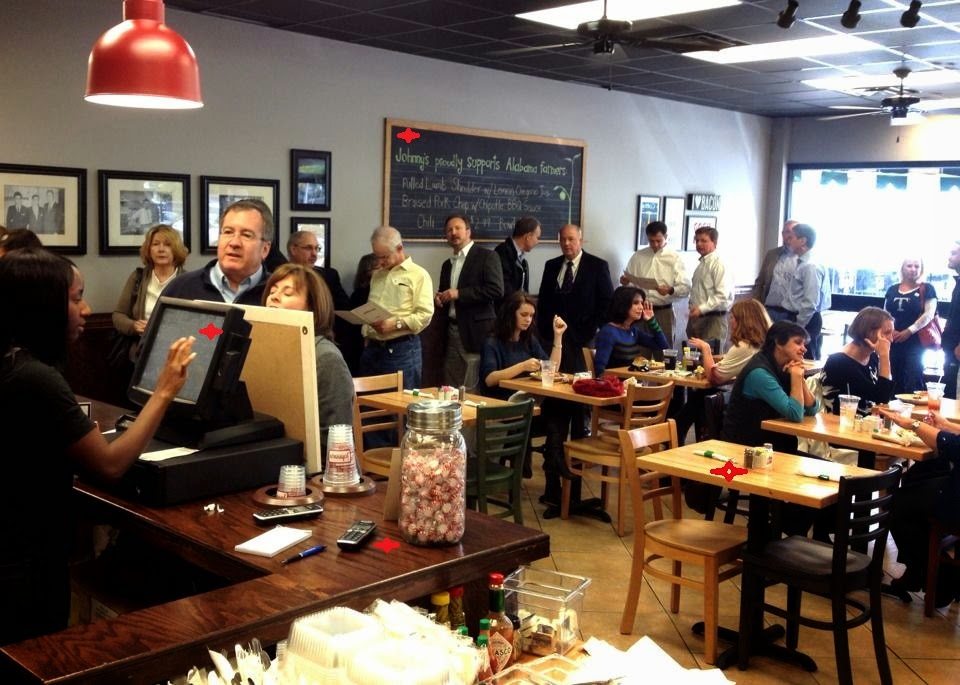Economically Speaking
I have not done any justice to
‘economics’ part of my HEAP blog. Not that I ever had any special credentials
to brag about. In fact I found it a very boring subject in my college. Though,
it is very fascinating as an after-thought.
i.e. after the boom or bust books continue to be published for decades.
Every country seems to have a top economic adviser drafting some eclectic
policy, which is nowhere visible in ground level activities. I would like to
bring forth an alternate view of economics, which of course is very much
colored by my performance engineering experiences and perspectives.
To me economics is about
generating denominated transactions between living beings and entities. Almost
similar but no exactly like standard definition of- the branch of knowledge
concerned with the production, consumption, and transfer of wealth.
To generate transactions, living
entities need to flog natural resources and somebody else needs to consume them
to complete the circle and economy is measured by how fast wheel moves. To this extent I believe my views are aligned
to traditional economics. Now where my
fascination starts is with absurdity of this economics where any random
activity can contribute to it. I got
piece of land- I can do agriculture or rear animals or make an entertainment
complex, everything will generate motion and contribute towards economics. Of
course there are some activities which generate more 'multiplier effect' leading to more
motion such as doing building infrastructure, investing in small scale business
etc.
So far so good, but where I diverge from economists is how they look at software and virtual products. To me that is
a category which is not yet counted among ‘resources’. As I noted, my assumption is to generate
transactions among living entities and not necessarily have any resource
production. This widely diversifies
economy. In its rudiment form in earlier ages such resources consisted of books
and paid sermons. They are sort of virtual resources where the transaction is
generated based on ‘thoughts’ in producer’s mind. Now this virtual space has exploded with
mobile apps generating huge amount of transactions, though many are not yet
denominated. Reason I label it virtual because there is infinite production
capacity. Many economist have tied
technologies such as cellphone and internet to improving thus improving
productivity and thus vastly enhancing economies. To me that is an incomplete explanation
because it does not address the part what living entities do with productivity
and time saved. My view is that cellphone and internet largely increased our
capabilities generate denominated transactions as when we were not productive
in pre-cellphone/internet era we were still doing something but not at same
pace. Matching infinite production capacity is increasing money supply by
central banks that enables and promotes transactions. Again innovation such as bitcoin fills in
the space should money supply was to ever reduce. Further, massive adulteration
and supplementing of ingredients is also creating an almost endless supply of
physical goods.
Globalization is helping world economy
find that ever new set of resources and markets that were needed to make-up for
saturated transaction rates in developed and near-developed economies. High
sovereign debt rate and that of household precludes jacking up transactions at
any higher rate. That is what I believe causes cycles. One season, there is
heavy snow and that dampens transactions. Next quarter with that extra saving,
transaction rate is boosted again and sentiment changes again. To an extent
virtual resource transactions are saviors as they discourage consumption of
physical resources that are devastating to ecology, though it must be said that
even virtual resources are backed up by physical resources at some level. Also
they are little less prone to climatic condition. That said, their demand is
volatile as they are high up in Maslow’s hierarchy model. Still, under peaceful
conditions they should hold up.
Looking ahead, while all the
hitherto untouched populations and resources will keep generating incremental
growth the cost will too high with many of these areas being Oxygen reserves or
Carbon dioxides sinks of the world. Further, many such areas being battle zones
they will continue to throw up conflict and diseases such as ebola which will
serve to slow down transaction rates in developed and developing worlds. Peace
is indeed a requirement of better economy.
While I don’t have any
invitations to be any country’s economics adviser, if given a chance I would
recommend following.
1. Build low cost transaction system. It would
mean supporting payment and trade system that support very low value
transactions. This will for one, start
adding figures to economy which are left out. Secondly, it will promote and
encourage more transactions. Grameen
bank is famous example for micro-credit. Low cost/ low value system‘s derives its potential from inclusion of poor,
unemployed, under-employed and commercially underprivileged who do not get
opportunity to add to economic transaction rate.
2. I truly believe we are reaching a population
and thus a consumption plateau, in places where biggest economic transactions
happen. I don’t see merit in trying to induce further consumption, though in
few high savings societies, a little more consumption won’t hurt. Though
equitable distribution of wealth could help a little bit further but wealth
taxes are in general considered harmful to sentiment. As such sustainable
development model may not be a bad thing where we can live with 2% growth.
3. Support geriatric technology
innovations to include senior citizens in economy who are currently thrown off
the tangent and do not get opportunities to contribute as much as they can.
4. If truly pressed for ideas, a
wacky idea I could propose is asset ownership for robots and intelligent
devices such as IOTs. If we could demand
them to be intelligent, then we need to be ready to grant them limited rights
as well. The idea behind is this to generate an economy of intelligent devices
that interacts with human driven economy. At simplest they could barter in
intelligence, ie modules of programs that enable them to perform greater range
of activities.
Thanks for your interest and patience in reading through my economics musings.



Comments